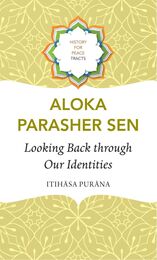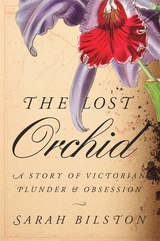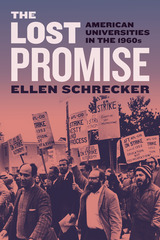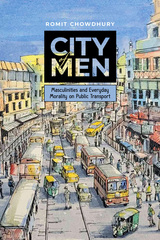
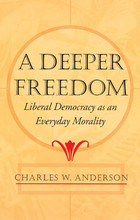
Today those who believe in liberal democracy must reexamine and reaffirm their commitments. Here, Charles Anderson probes our urgent concerns and questions. Even those who believe that liberal democracy is the best form of government may think that liberal individualism leads to selfishness, permissiveness, and irresponsibility. Many would teach a cultural or religious counter-ethic to offset the excesses of freedom.
Grounding his view in classic philosophic and religious ideals, Anderson argues that a deeper vision of individuality and freedom can lead to both a sound public philosophy and a worthy personal ethic. In the same way that we as humans try to understand our place in nature and the cosmos, Anderson seeks to understand how we, as unique individuals, can understand our place among our fellow humans. Beginning with friendship and love, he extends his inquiry to the relationships of teaching, community, work, and democracy. Anderson shows how the natural desire of free people to find meaning in relationships with one another can lead to depth and fullness both in private and public life.
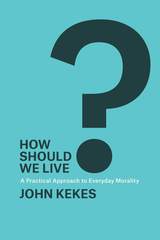
Kekes argues that ideal theories are abstractions from the realities of everyday life and its problems. The well-known arenas where absolute ideals conflict—dramatic moral controversies about complex problems involved in abortion, euthanasia, plea bargaining, privacy, and other hotly debated topics—should not be the primary concerns of moral thinking. Instead, he focuses on the simpler problems of ordinary lives in ordinary circumstances. In each chapter he presents the conflicts that a real person—a schoolteacher, lawyer, father, or nurse, for example—is likely to face. He then uses their situations to shed light on the mundane issues we all must deal with in everyday life, such as how we use our limited time, energy, or money; how we balance short- and long-term satisfactions; how we deal with conflicting loyalties; how we control our emotions; how we deal with people we dislike; and so on. Along the way he engages some of our most important theorists, including Donald Davidson, Thomas Nagel, Christine Korsgaard, Harry Frankfurt, Charles Taylor, Alasdair MacIntyre, and Bernard Williams, ultimately showing that no ideal—whether autonomy, love, duty, happiness, or truthfulness—trumps any other. No single ideal can always guide how we overcome the many different problems that stand in the way of living as we should. Rather than rejecting such ideals, How Should We Live? offers a way of balancing them by a practical and pluralistic approach—rather than a theory—that helps us cope with our problems and come closer to what our lives should be.
READERS
Browse our collection.
PUBLISHERS
See BiblioVault's publisher services.
STUDENT SERVICES
Files for college accessibility offices.
UChicago Accessibility Resources
home | accessibility | search | about | contact us
BiblioVault ® 2001 - 2025
The University of Chicago Press


